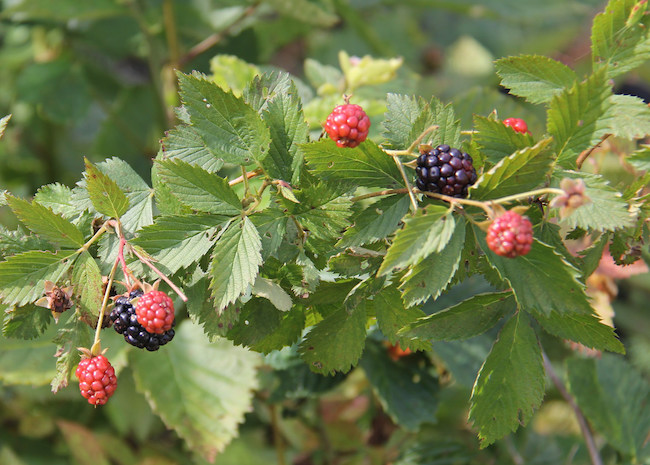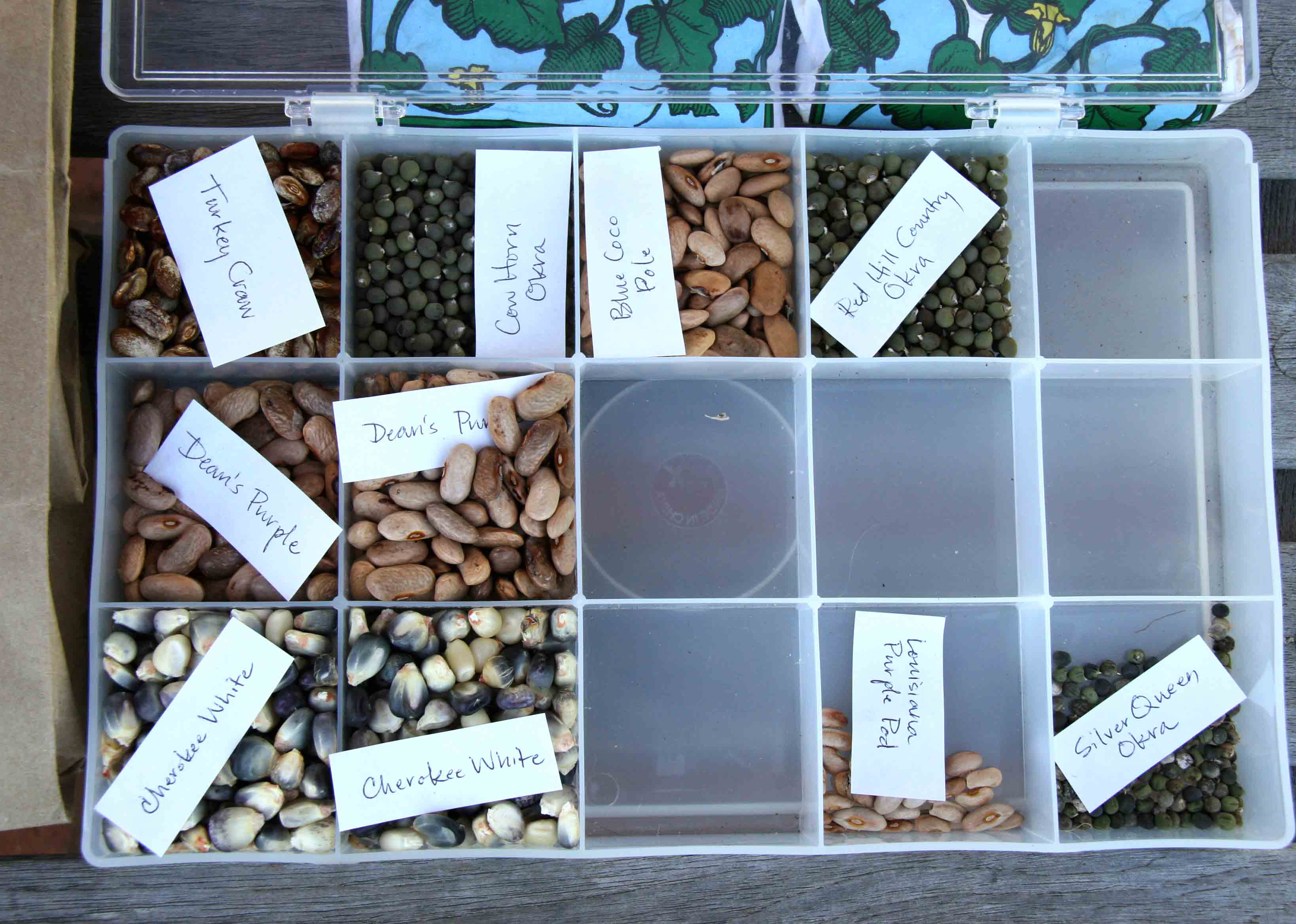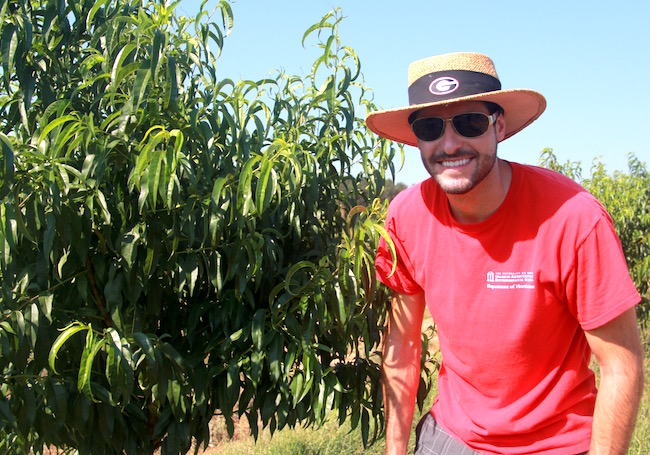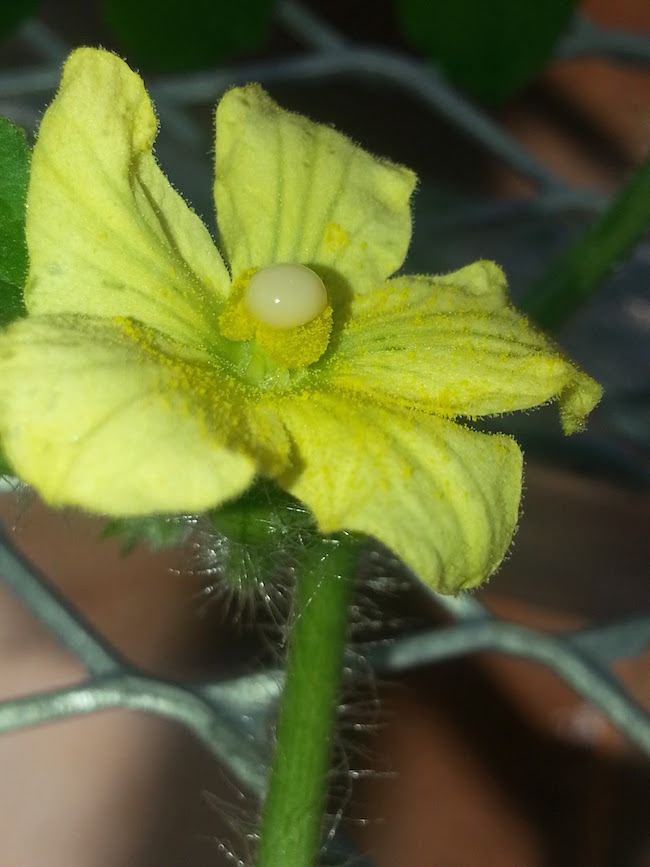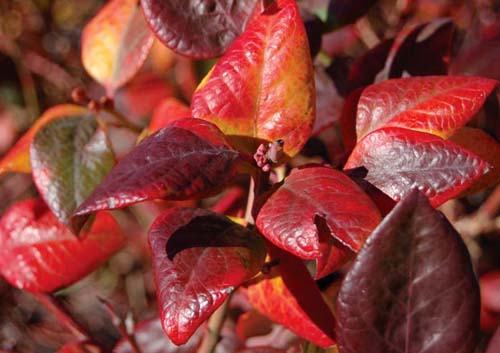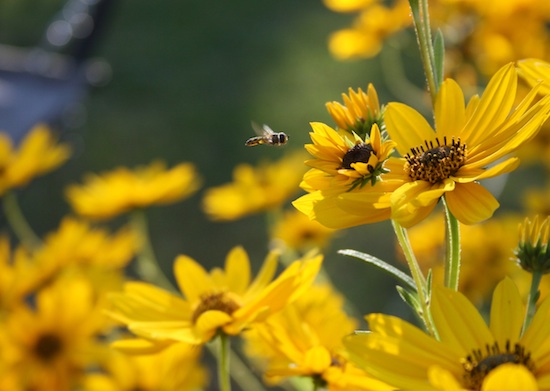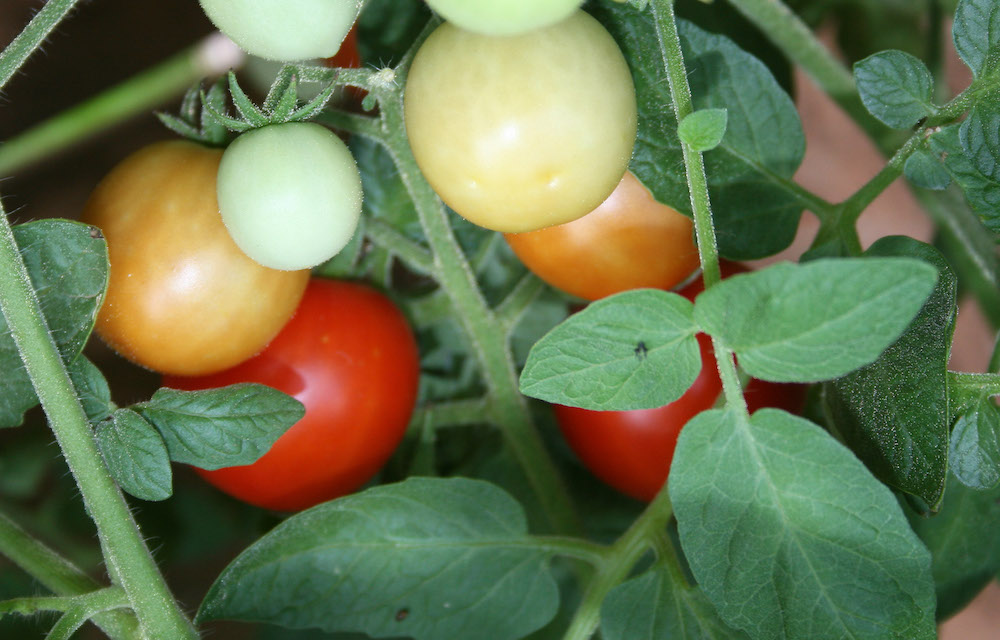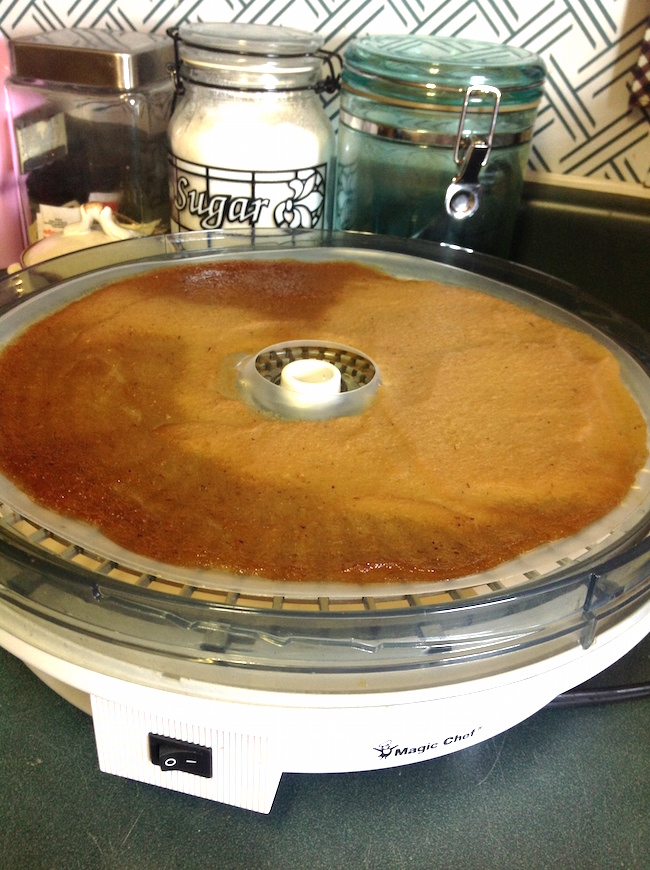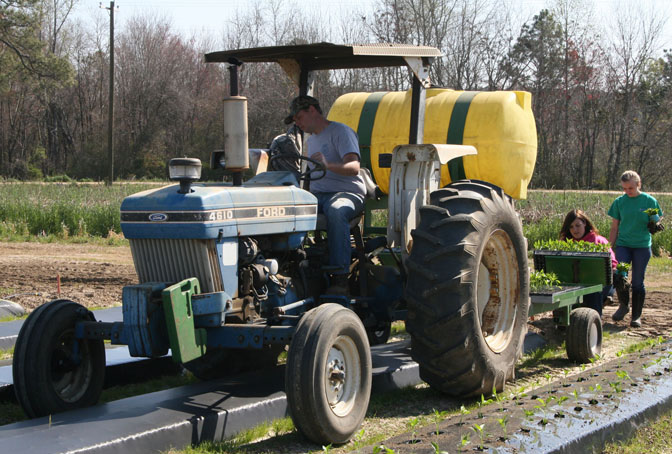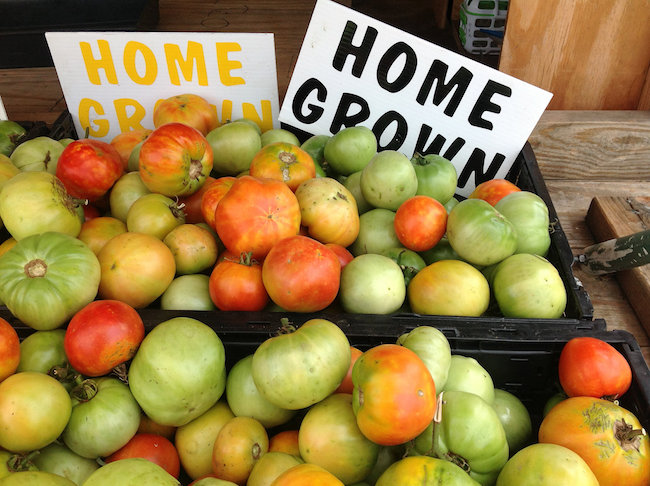 CAES News
CAES News
Vegetable Workshop
A workshop for small-scale vegetable farmers is set for Tuesday, Feb. 28, on the University of Georgia campus in Griffin, Georgia. The workshop is designed for seasoned growers who want to enhance their operation and for small-acreage farmers interested in marketing vegetables. Homeowners who face challenges growing vegetables are also welcome to attend.

